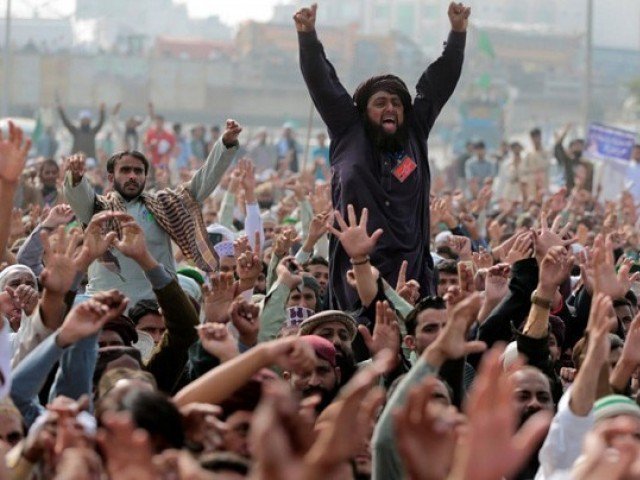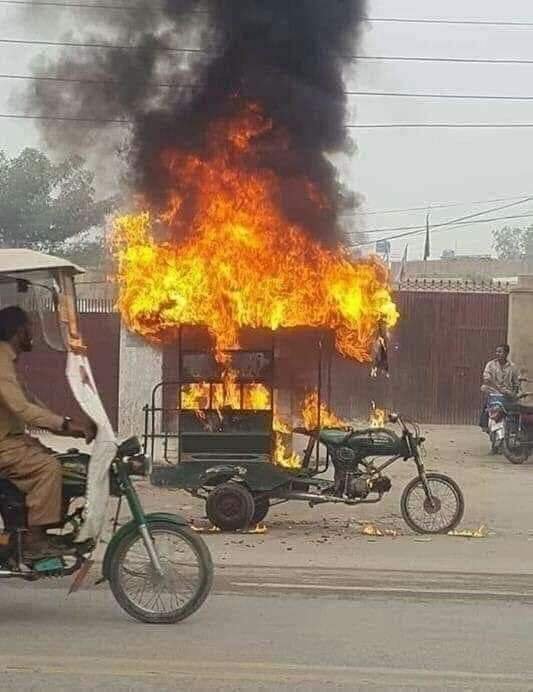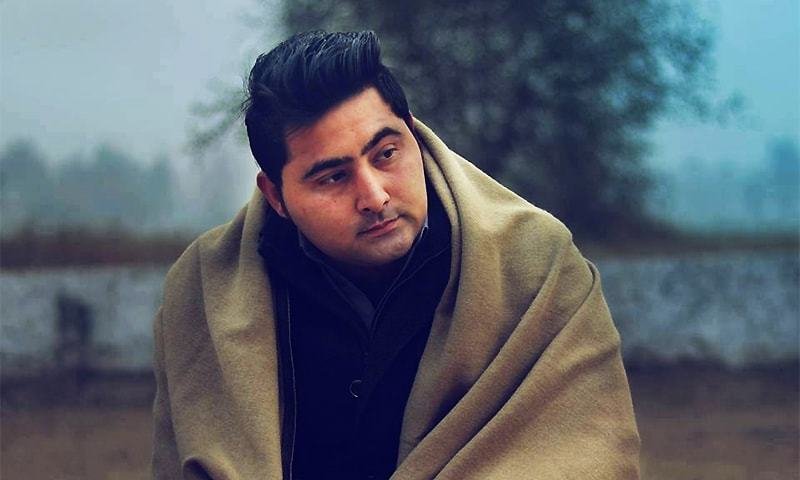by Aasim Sajjad Akhtar
When Mashal Khan was brutally lynched four years ago, the Tehrik-e-Labbaik-Pakistan (TLP) was still a relatively new and unknown force. As we remember Mashal today, the TLP has dramatically become Pakistan’s most powerful Islamist group, with unmatched mobilizational capacity.

This day should be a commemoration of a young man who lost his life to mobs that attacked him in the name of religion, a day that reminds us of the horrors of what the state’s policy of weaponizing religion has done to this society, a day on which we collectively vow to take this society in a qualitatively different direction.
Instead, today we are witness to a second successive day of TLP cadres successfully blocking thoroughfares across most of the country, engaging in tit-for-tat violence with local police, and threatening to derail normal life entirely.
What triggered this latest mobilization is largely irrelevant, except that it confirms that the present government has simply delayed the inevitable by ‘agreeing’ to all of the TLP’s previous demands.

The fact that the TLP has managed to maintain its ability to gather massive crowds even after the death of Khadim Rizvi is telling. Yes the TLP exists in its current form due to selective patronage by the establishment, but let there be no doubt that the hundreds of thousands, if not millions, to whom the TLP speaks are ordinary young men that symbolize an organic crisis of society at large.
It has been said before, but it must be said again: this is a society of almost 140 million young people, the vast majority of who see no hope of social mobility and for whom empty promises by any sitting government trigger further discontent.
The state must be held to account for the fact that this discontent is expressed through the weaponization of religion. But the state will never willingly create conducive conditions for young people in our society to collectively mobilise around progressive ideas. That is our job. And the only meaningful commemoration of Mashal is to make a commitment to being part of this long, painstaking, and often thankless process of building a progressive alternative. If we cannot generate a critical mass to pull young people back from the politics of hate, its fires will engulf us all.
When Mashal Khan was brutally lynched four years ago, the Tehrik-e-Labbaik-Pakistan (TLP) was still a relatively new and unknown force. As we remember Mashal today, the TLP has dramatically become Pakistan’s most powerful Islamist group, with unmatched mobilizational capacity.
This day should be a commemoration of a young man who lost his life to mobs that attacked him in the name of religion, a day that reminds us of the horrors of what the state’s policy of weaponizing religion has done to this society, a day on which we collectively vow to take this society in a qualitatively different direction.
Instead, today we are witness to a second successive day of TLP cadres successfully blocking thoroughfares across most of the country, engaging in tit-for-tat violence with local police, and threatening to derail normal life entirely.
What triggered this latest mobilization is largely irrelevant, except that it confirms that the present government has simply delayed the inevitable by ‘agreeing’ to all of the TLP’s previous demands.
Also see this: https://www.facebook.com/story.php?story_fbid=2843239192593883&id=1564724653778683&sfnsn=mo
The fact that the TLP has managed to maintain its ability to gather massive crowds even after the death of Khadim Rizvi is telling. Yes the TLP exists in its current form due to selective patronage by the establishment, but let there be no doubt that the hundreds of thousands, if not millions, to whom the TLP speaks are ordinary young men that symbolize an organic crisis of society at large.
It has been said before, but it must be said again: this is a society of almost 140 million young people, the vast majority of whom see no hope of social mobility and for whom empty promises by any sitting government trigger further discontent.
The state must be held to account for the fact that this discontent is expressed through the weaponization of religion. But the state will never willingly create conducive conditions for young people in our society to collectively mobilise around progressive ideas. That is our job.
And the only meaningful commemoration of Mashal is to make a commitment to being part of this long, painstaking, and often thankless process of building a progressive alternative. If we cannot generate a critical mass to pull young people back from the politics of hate, its fires will engulf us all.

Aasim Sajjad Akhtar is a Left-wing politician, academic, author and columnist. He teaches at Quaid-i-Azam University, Islamabad. He writes a regular column for Dawn.

The High Asia Herald is a member of High Asia Media Group — a window to High Asia and Central Asia

